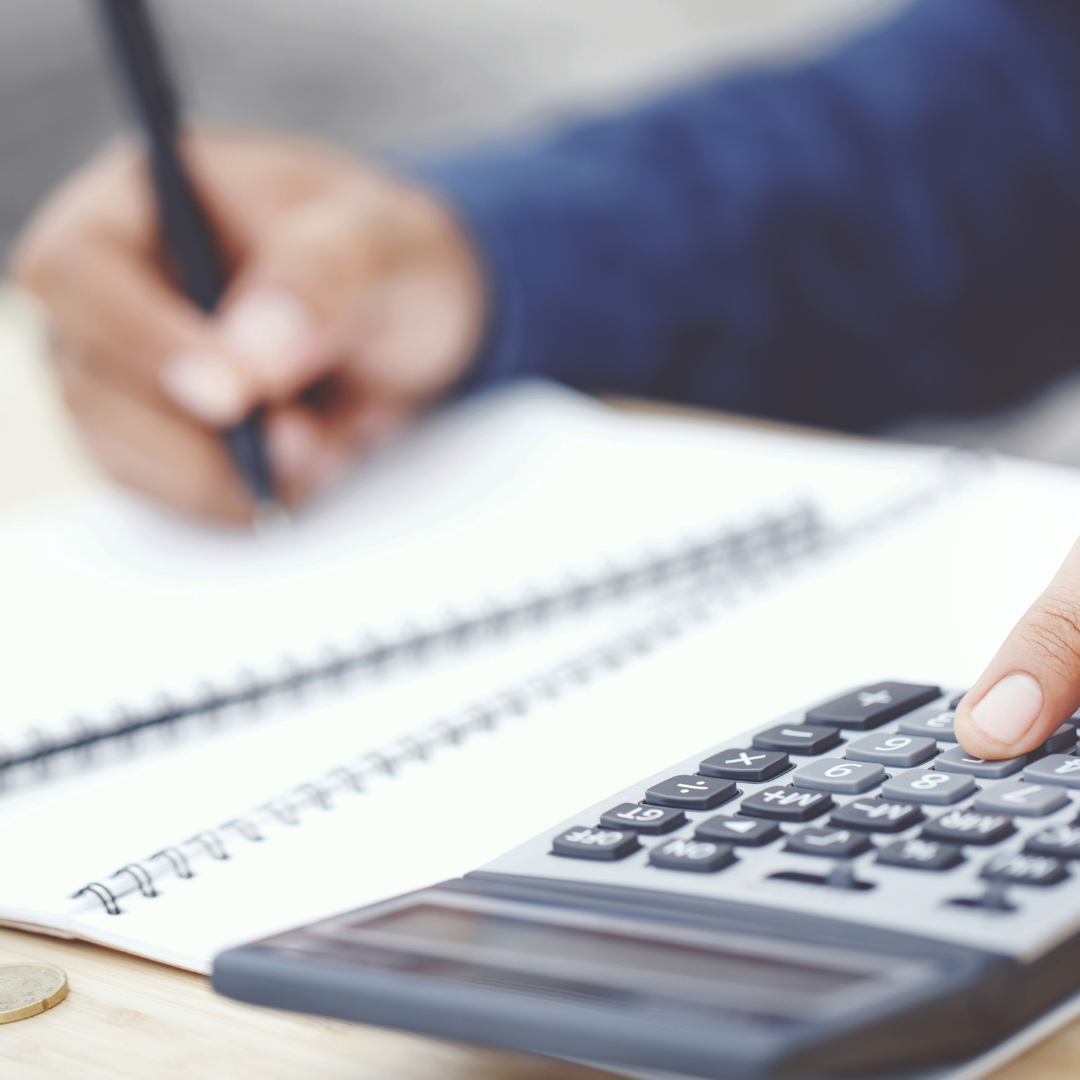Government’s Making Tax Digital plays a key role for businesses and individuals—and landlords. Designed to support the transition to a digital tax system, MTD will make filing simpler and more accurate. Here we give a simple update on why it’s important, how it’ll work and when it’s coming into force.
Why
Record-keeping takes up time, space and is open to human error. By ‘making tax digital’, the aim is to become more accurate, to provide assistance through software, and to send records direct to HMRC. By speeding up and simplifying, business productivity is likely to increase (especially with AI and automation), and those errors are set to reduce. By minimising mistakes, the ‘tax gap’ (nearly £35bn in 2019-200) should also improve. It also gives more awareness on what tax is owed, your position and performance, so you can prepare accordingly.
How
Compatible software for keeping records and submitting assessments will be mandatory. Of course software comes with a cost, although there are free options available, so it’s important to do you research to find out which works best for you and your situation. You can browse government recommendations here.
When
MTD for VAT-registered businesses is already in place. For landlords and the self-employed, if your gross annual income from property and/or business is more than £50,000, you need to be ready by 6th April 2026. This then reduces to £30,000 in April 2027.
You’ll be required to file summaries at least every quarter, with an end-of-period statement (EOPS).
We recommend starting to digitise as soon as possible, putting you in the best position for full transition.
Adam Barker, Director, advises on the pros and cons of MTD:
“With average rents increasing locally, and now hovering around £1,100/£1,200pcm, this is likely to affect landlords with portfolios of three or more properties, as the rental income being produced would need to exceed £4,000 per month in the first instance. But with rents continuing to increase and the threshold for MTD reducing to £2,500 per month by April 2027, it’s likely to become something a majority of landlords will have to prepare for. Having clear and detailed statements providing a record of rent received, costs associated to the direct letting and maintenance of the properties, and rent arrears, will become a must-have, as will period and annual statements to ensure you’re not overpaying or underpaying taxes. As standard, all our landlords receive a detailed statement monthly, along with annual statements and period statements on demand, all at no extra cost.”
For how we can help you with the transition, or for any advice for landlords, contact us on 01525 40 22 66 or email ampthill@orchards.co.uk


